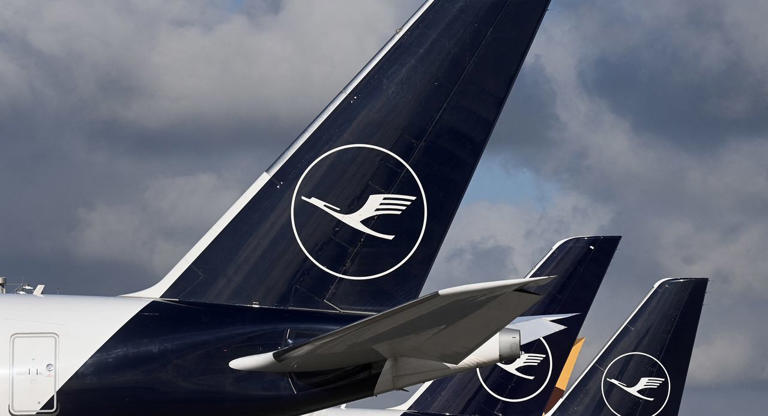Deutsche Lufthansa Group’s financial results for the second quarter of 2024 reveal a turbulent period for the German airline conglomerate, marked by a significant decline in earnings amid a backdrop of mixed revenue performance. The group reported a net profit of €469 million ($507.3 million), a substantial drop from €881 million in the same quarter last year. This decline reflects the broader pressures and challenges faced by the airline industry, despite an increase in revenue.
Revenue for the second quarter rose by 7%, reaching €10.01 billion. This revenue growth suggests that the company continued to attract passengers and generate sales, but the increase in top-line figures did not translate into improved profitability. The group’s margin of adjusted earnings before interest and taxes (EBIT) deteriorated sharply, falling to 6.9% from 11.6% in the previous year. Adjusted EBIT, which is Lufthansa’s preferred measure of profitability, plummeted by 37% to €686 million. This steep decline underscores the significant impact of rising costs and operational inefficiencies on the group’s financial health.
The Lufthansa Group’s performance challenges are attributed to several key factors. A primary issue has been the normalization of ticket prices, which had surged during the post-pandemic recovery period. As prices returned to more typical levels, the yields (revenue per passenger) across all traffic regions decreased, placing additional pressure on the airline’s revenue streams. This normalization in ticket pricing has been compounded by operational inefficiencies and market conditions that have not been favorable.
The flagship airline, Lufthansa Airlines, has particularly struggled, swinging to a first-half adjusted earnings loss. This loss has been driven by a combination of operational inefficiencies, adverse market developments, and delays in aircraft deliveries. These issues have hampered the airline’s ability to operate efficiently and effectively, exacerbating the financial difficulties reported in the second quarter.
In response to these challenges, Lufthansa has introduced a comprehensive turnaround plan aimed at improving operational efficiency and reducing complexity within the airline. The plan focuses on enhancing quality and streamlining operations to better align with market conditions and improve overall performance. By addressing these core issues, Lufthansa aims to stabilize its financial situation and position itself more favorably for future growth.
The company had already signaled earlier in the month that achieving a break-even point for Lufthansa Airlines this year would be increasingly difficult. This sentiment has been reflected in the group’s revised expectations, with the forecast for third-quarter adjusted earnings now anticipated to fall short of the previous year’s figures. This downward revision highlights the ongoing difficulties faced by Lufthansa and the broader challenges confronting the aviation sector.
In summary, while Deutsche Lufthansa Group has managed to achieve revenue growth, the significant drop in profitability and the operational hurdles encountered by its flagship airline signal a period of considerable adjustment. The company’s focus on enhancing efficiency and addressing operational inefficiencies will be crucial in navigating these challenges and improving financial performance in the future. The effectiveness of Lufthansa’s turnaround plan and its ability to adapt to the evolving market conditions will be key determinants in its trajectory moving forward.
